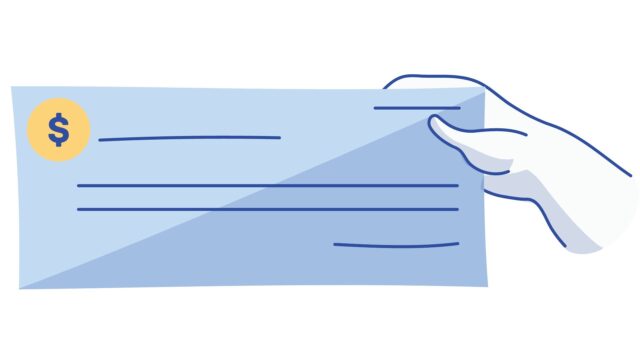
An inclearing check is a check that has been deposited at one bank, but is drawn from another. This means that the money must be transferred from the issuing bank to the depositing bank before it can be accessed by the account holder. This process typically takes several days, during which the check will be marked as “in-clearing” on a bank statement.
Inclearing checks may also be referred to as “out-of-state” or “non-local” checks, as they are often issued by banks in different states or regions. In some cases, inclearing checks may take longer to clear and may incur additional fees for the transfer process. It is important to factor in this potential delay when depositing inclearing checks, as it may affect when funds will become available for use. Overall, an understanding of inclearing checks can help ensure smooth and efficient banking transactions.
How do I know if I have one
One way to determine if you have an inclearing check is to look at the notation on the check itself. If it says “in clearing” or “not available until (specific date),” then it means that the check has not yet been processed and cleared by the bank.
Another way to tell is to check your account balance online or with your bank statement. If the amount of the check is not included in your current balance, it could mean that it has not yet been processed. It’s important to keep track of any inclearing checks, as you may need to make sure there are enough funds in your account once they are processed to avoid overdraft fees.
It’s also a good idea to follow up with whoever wrote the check to confirm that it has been processed and cleared by their bank. Ultimately, staying on top of inclearing checks can help prevent any potential headaches down the road.
How can an inclearing check impact my credit score
When you write a check and the person or company you give it to attempts to deposit or cash it, the check goes through a process called inclearing. During inclearing, your bank will verify that there are sufficient funds in your account to cover the payment. If there are not enough funds and the check bounces, this can have a negative impact on your credit score.
First of all, bouncing a check may result in fees from both your bank and the recipient’s bank. These fees can also lead to negative marks on your credit report. Additionally, repeatedly bouncing checks can signal financial irresponsibility to potential lenders, leading them to view you as a higher credit risk. Thus, it is important to always make sure you have enough funds in your account before writing a check, in order to avoid negative consequences for your credit score.
What are my options if I have an inclearing check
In the event that you have received an inclearing check, there are a few options available to you. First, you can try to cash the check at the issuing bank. In some cases, banks may accept inclearing checks if they have a relationship with the bank that issued the check.
Second, you can ask the issuer to issue a new check. This may require contacting the issuer and providing them with specific information about the check in question.
Lastly, you can deposit the inclearing check into your account and wait for it to clear before withdrawing funds from your account. While this option may take longer, it is generally considered a safe option for handling inclearing checks.
Overall, it is best to carefully manage any inclearing checks and ensure they are properly resolved in a timely manner.ea


































